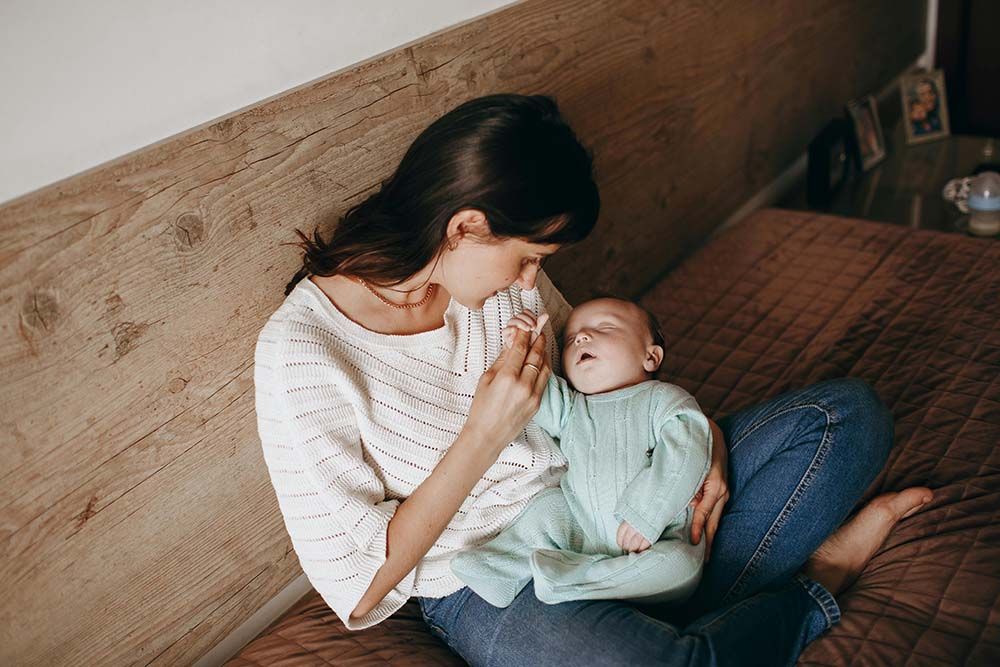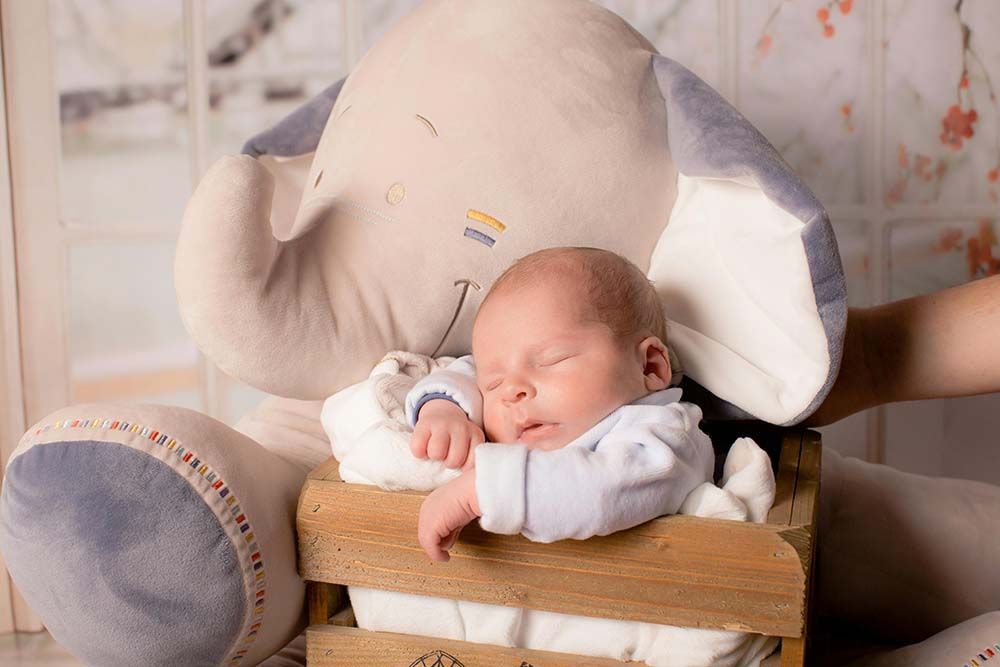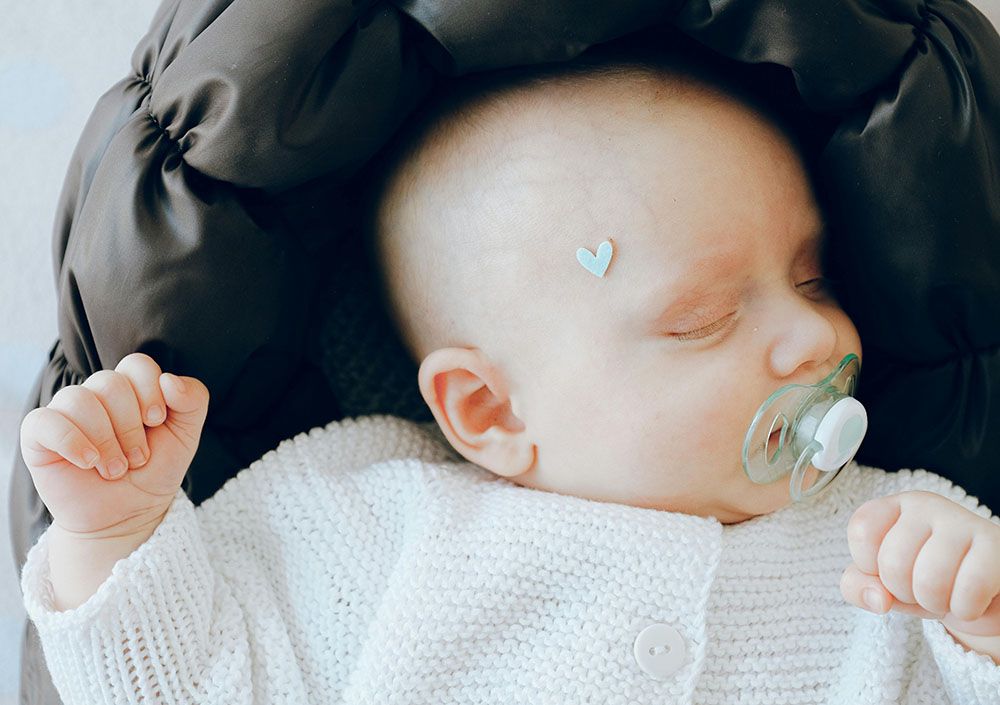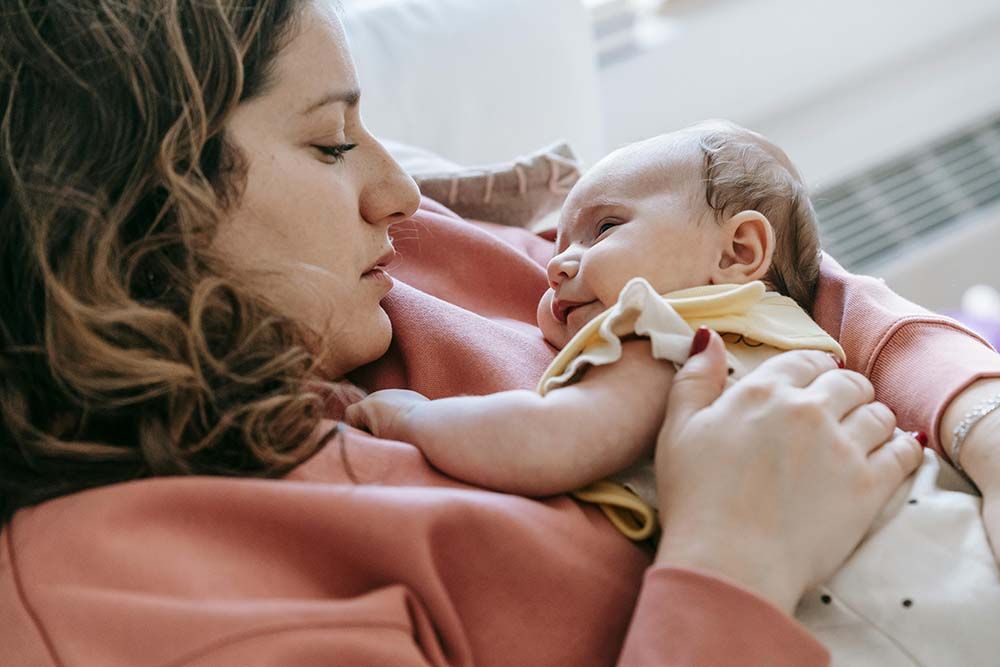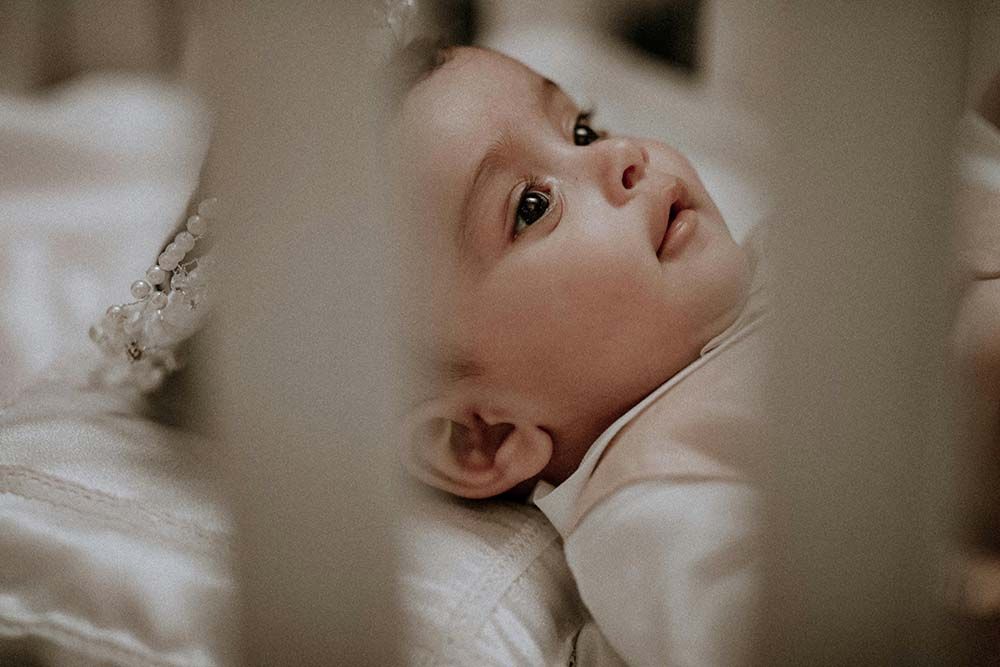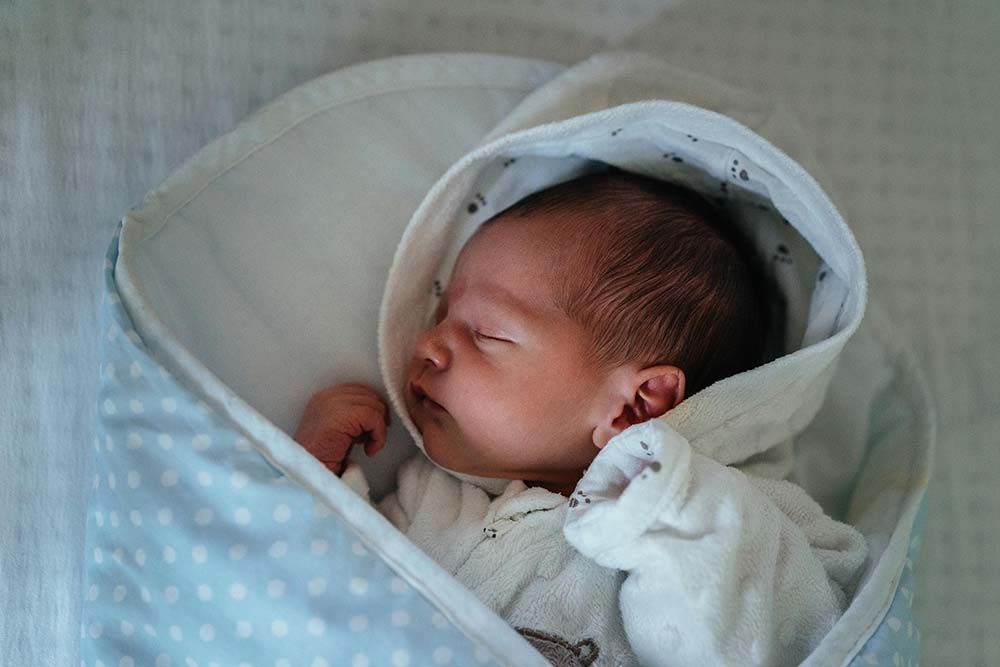

As your baby reaches the one-year mark, their sleep patterns undergo significant changes. To promote healthy sleep habits, it is essential to understand the changes to make sure that your baby get enough rest. This article provides a detailed guide on the 1 year old sleep schedule, welcome to read it to better know your baby and find out what works better for your baby and family.
To better understand and support your 12-month babies' special needs, get Moonycare app. It predicts the most scientific sleep schedule by gathering your baby's data.
IN THIS ARTICLE:
What are Wake Windows for a 12 Month Old?
A Sample Sleep Schedule for 12 Month Old Babies
How Much Should a 12 Month Old Sleep?
How Long Should a 12 Month Old Nap?
How Many Naps are Suitable for a 12 Month Old?
What Time Should a 12-Month-Old Go to Bed?
Can a 12-Month-Old Baby Sleep Through the Night?
Why Does My 12-Month-Old Keep Waking Up at Night?
Is there Sleep Regression for 12 Month Old Babies?
Can you Sleep Train a 12-Month-Old?
What are Wake Windows for a 12-Month-Old?
At 12 months, most babies can stay awake for 3 to 4 hours at a time. Suitable wake windows are essential for planning naps and bedtime, as they help prevent babies from overtired, which can lead to sleep difficulties.
Morning Wake Window: Typically, the first wake window of the day is shorter, around 3 hours. This is because your baby is still transitioning from nighttime sleep and may tire more quickly.
Afternoon Wake Window: The second wake window tends to be longer, about 3.5 to 4 hours, as your baby has had a nap and is more refreshed.
Evening Wake Window: The final wake window before bedtime is usually the longest, often reaching up to 4 hours. This extended period helps ensure your baby is tired enough for a good nighttime sleep.
Sample 12-Month-Old Sleep Schedule
To promote healthy sleep habits, parents are usually suggested to make up consistent sleep schedule. Here is a sample sleep schedule for a 12-month-old:
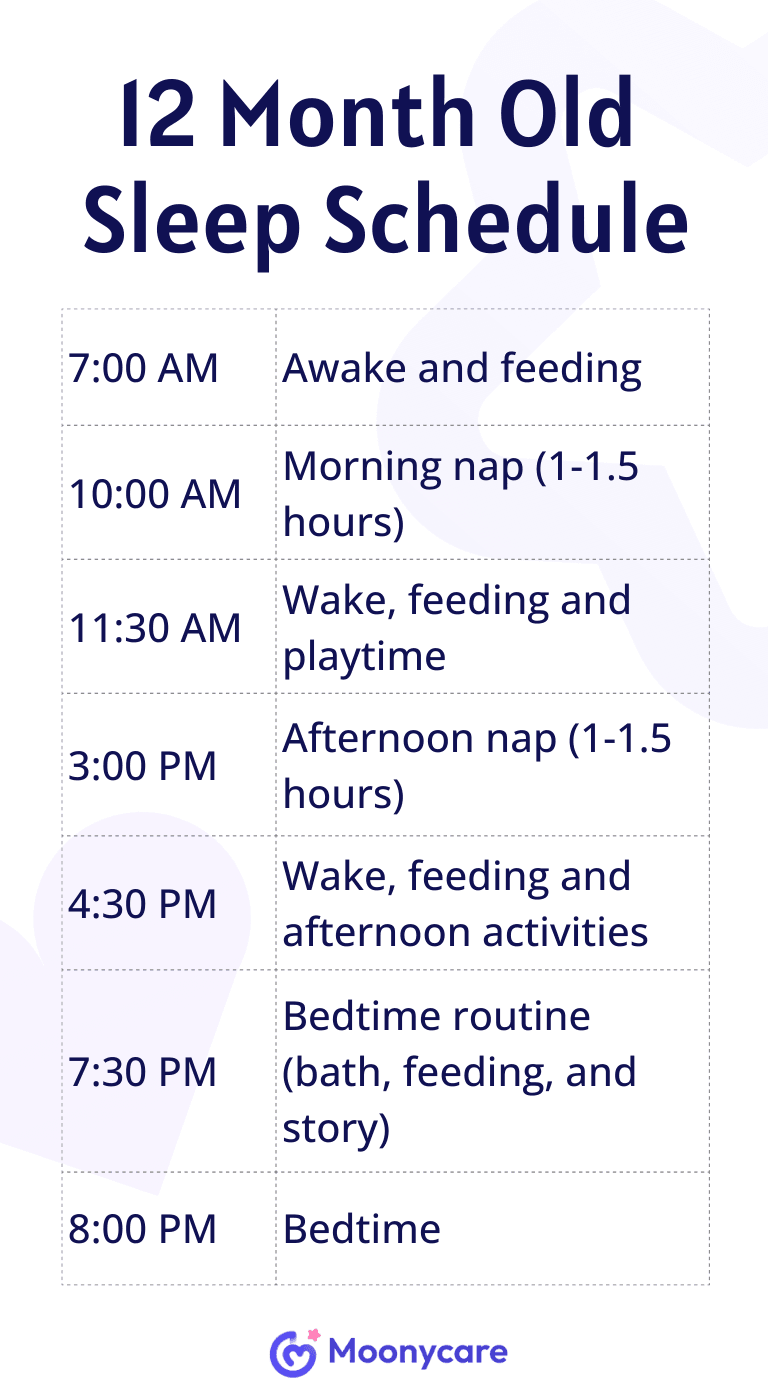
This schedule provides a balance of wake and sleep times, helping your baby stay well-rested throughout the day and night. However, parents should keep a flexible attitude towards schedule because every baby has his/her special habit.
How Much Should a 12-Month-Old Sleep?
On average, a 12-month-old needs about 13 to 14 hours of sleep in a 24-hour period. This typically includes 11 to 12 hours of nighttime sleep and additional daytime naps. Enough sleep time is good for baby's development.
How Long Should a 12-Month-Old Nap?
Naps are essential for a 12-month-old's development and overall well-being. At this age, your baby should have two naps per day, each lasting between 1 to 1.5 hours. Some babies may start to transition to one longer nap, but it's generally best to maintain two naps until around 15 to 18 months.
How Many Naps are Expected for a 12-Month-Old?
Most 12-month-olds take two naps per day. The morning nap usually occurs around 3 hours after waking up and lasts for about 1 to 1.5 hours. The afternoon nap happens roughly 3.5 to 4 hours after the morning nap and is also about 1 to 1.5 hours long. Remember that don't keep the nap too long or late in the afternoon, which may lead to your baby hard to fall asleep at night.
What Time Should a 12-Month-Old Go to Bed?
Ideally, a 12-month-old should go to bed between 7:00 PM and 8:00 PM. This bedtime allows for 11 to 12 hours of nighttime sleep, which is crucial for their development. Consistency is key, so try to stick to the same bedtime every night to help regulate your baby's internal clock.
Can a 12-Month-Old Baby Sleep Through the Night?
Yes, many 12-month-olds are capable of sleeping through the night with well-fed and comfortable environment. However, some baby may still wake up occasionally. It is common because 12-month babies are still experiencing enormous physical and mental developments, which may cause frequently waking-up. To make your baby sleep the whole night smoothly, you can stick to a consistent bedtime routines and begin the sleep training methods, which can help encourage longer stretches of nighttime sleep.
Why Does my 12-Month-Old Keep Waking Up at Night?
The reasons can be various:
Teething: Teething pain can disrupt sleep and cause your baby to wake up at night.
Hunger: Growth spurts can increase your baby's appetite, leading to nighttime waking for a feed.
Developmental Milestones: Learning new skills, such as walking or talking, can make it harder for your baby to settle down and stay asleep.
Separation Anxiety: At this age, babies may experience separation anxiety, causing them to wake up and seek comfort from their parents.
Environmental Changes: Changes in the sleep environment, such as traveling or moving to a new house, can disrupt your baby's sleep patterns.
Sleep Regression of a 12-Month-Old
At around 12 months, many babies experience a sleep regression. This is a temporary phase where sleep patterns may become disrupted due to developmental milestones, such as learning to walk and talk. During a sleep regression, your baby may wake up more frequently at night or have difficulty settling down for naps. But don't worry too much about it. You baby will get back to the sleep circles if you adhere to a bedtime routine constantly.
Sleep Training a 12-Month-Old
Sleep training can be beneficial for helping your baby learn to fall asleep independently and stay asleep through the night. Here are some common sleep training methods:
Cry It Out (CIO): This method involves letting your baby cry for a predetermined amount of time before comforting them. Over time, the crying periods should decrease as your baby learns to self-soothe.
Ferber Method: Similar to CIO, but with gradual check-ins. You increase the intervals between check-ins each night until your baby can fall asleep independently.
Gentle Sleep Training: Involves gradually reducing your presence while your baby falls asleep. This method can take longer but is often easier for both parents and babies.
12-Month-Old Sleep Tips
Consistent Bedtime Routine: Establish a calming bedtime routine can help your baby recognize that he needs to sleep.
Create a Sleep-Friendly Environment: Some babies have high requirements to the surrounding environment where needs to be quite, dark and cool. Conversely, it is difficult for them to fall asleep at a clamour environment.
Watch for Sleep Cues: Once seeing that you baby rubs eyes, yawns, or becomes fussy, you need to consider that he/she might need to sleep, and then put baby to bed for sleep instantly.
Encourage Self-Soothing: Allow your baby to practice self-soothing techniques, such as finding a favorite blanket or sucking their thumb. This can help them fall asleep more independently.
Seek Professional Advice: If you're struggling with your baby's sleep and nothing seems to work, consider consulting a pediatrician or a sleep consultant. They can provide personalized advice and support based on your baby's specific needs.





